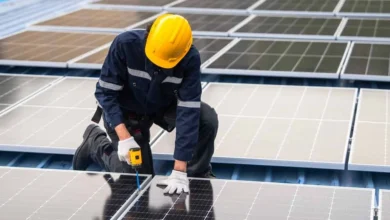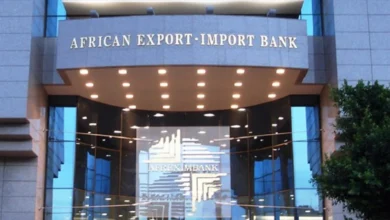
Uganda has terminated its petroleum import through the Kenyan G-to-G system citing lack of security in the supply of the commodity, inflated and additional transactional costs that has lead to higher pump prices.
Uganda has been treated as a secondary market while Kenya is treated as a primary market, exposing the ‘Baganda’ to vulnerability.
The government of Uganda has amended the Petroleum Supply Act, 2003 through the Petroleum Supply (Amendment Bill), 2023. The bill was approved by the Uganda cabinet on the 23rd of October, 2023.
The Uganda National Oil Company (UNOC), has been mandated to source and supply petroleum and petroleum products to the Uganda’s licensed companies.
The amendment further gives the minister in charge of matter petroleum and related products, to nominate, with approval of the cabinet, any person or persons to import petroleum and related products for the Ugandan market.
The amendment further seeks to cure the lack of security in the supply of the commodity while at the same breath, removing the costs within the value chain and bringing down the pump prices.
The Ugandan government further, anticipates that by UNOC getting into the petroleum and petroleum products value-chain in the importation, will be able to raise revenue for infrastructure development.
Specifically, the UNOC has been mandated to first, use the revenue generated to finance the expansion of the petroleum storage capacity at the Namwambila, Mpigi by 320 million litres.
Further, the Ugandan Minister of Energy and Mineral Development, Ruth Nankabirwa Ssentamu, with the approval of the cabinet, has identified and nominated one ‘Vitol Bahrain E.C.’ to handle the business. Vitol and UNOC have already signed a 5-year deal that will see Uganda get its initial supply in January 2024.
Uganda imports about 90% of its petroleum and related products through the port of Mombasa while the balance is shipped through Dar.
According to the Central Bank of Uganda, $1.6 billion worth of petroleum products were imported last year, (2022). The UNOC seems to be facing Dar. for future petroleum deals, with Vitol partnership promising to ensure buffer stock from Tanzania and Uganda to sufficiency.
The Government to Government Kenyan contract deal seems to have been the centre of all this, with Uganda government sighting the deal in its yesterday’s press described as ‘for immediate release’.
‘In April 2023, the Government of Kenya made changes to the petroleum products import system by replacing the Open Tender System with the government-to-Government importation arrangements with the government of the Arab Emirates and the Kingdom of Saudi Arabia to manage some of the importation challenges that Kenya was facing’, reads part of the statement.
The statement further notes that Open Tender System was price competitive and the supply was reliable, the G-to-G arrangement has left Uganda vulnerable and had to make changes immediately to protect its people from high pump prices.
Vitol Bahrain E.C. is a private company operating within the utility sector and focuses on Independent Power Producers and Energy Traders. The company is based in Bahrain and has an annual turnover of USD 505 billion – more than 10 times the GDP of Uganda, established in 1982.
Vitol Bahrain is also heavy on producing electric buses and currently has orders to supply individuals and companies in America, Colombia, Chile, and other countries.
In March, Kenya entered a deal with Saudi Aramco, Abu Dhabi National Oil and Emirates National Oil Company, switching from open tender to G-to-G with the expectation of bringing down the pump prices and stabilize the greenback.
Both of these policy points however have terribly failed with the dollar appreciating against the Kenya Shilling by over 25% and the fuel prices ‘going berserk’ to an all-time high of Ksh.213 per litre (where I am).
Although we may not agree with Uganda on the minister nominating a player in the sector, what Kenyans will be asking is, if Uganda has seen exploitation in pricing and vulnerability in the petroleum market, will the Kenyan government be bold enough to terminate this arrangement and protect its citizens as well?
Was the motivation by the Kenyan government to use G-to-G only to caution the country from the greenback which is terrible?
Where are the policy makers behind this arrangement? Could Kenya still be seeing what Uganda is not able to see as good future tidings?






Wow, marvelous weblog structure! How lengthy have you been running a blog for?
you make running a blog glance easy. The full glance of your site is great, let alone
the content! You can see similar here dobry sklep
Thank you for your sharing. I am worried that I lack creative ideas. It is your article that makes me full of hope. Thank you. But, I have a question, can you help me?
Can you be more specific about the content of your article? After reading it, I still have some doubts. Hope you can help me.
Thank you for your sharing. I am worried that I lack creative ideas. It is your article that makes me full of hope. Thank you. But, I have a question, can you help me?
Thank you, your article surprised me, there is such an excellent point of view. Thank you for sharing, I learned a lot.